Keywords: Coal
There are more than 200 results, only the first 200 are displayed here.
-
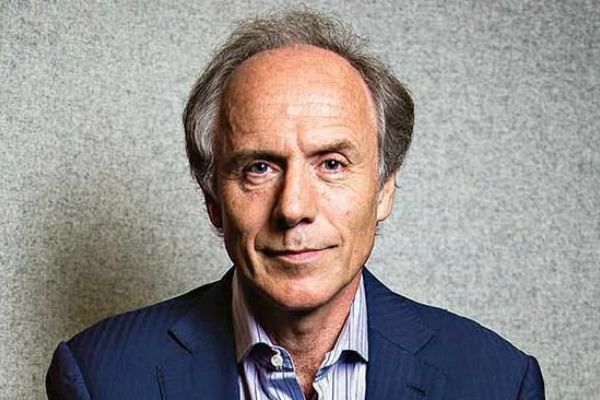
ENVIRONMENT
- Greg Foyster
- 22 June 2017
6 Comments
If politics is theatre, climate politics is a family drama. For the last decade we've watched two rival households having the same endless argument. Political journos call it the 'climate wars' and mostly focus on the lead actors standing in the spotlight - in the Western narrative tradition, characters drive events. Almost no one has noticed the scenery change. Stagehands dismantled the backdrop years ago, but politicians have carried on as if the same circumstances existed when they started this charade.
READ MORE 
-

ARTS AND CULTURE
- P. S. Cottier
- 12 June 2017
1 Comment
It involves hoods, but less KKK than DDD - Don Dale Detention where the kids wear the hoods in a stunning display of regressive taxation. 2. Outsourcing pain to poorer places which we pay to exercise contempt on our behalf - washing red hands in the convenient sea. Who needs a wall? 3. Protecting Islamic women by shouting at them on streets for wearing religious freedom.
READ MORE 
-
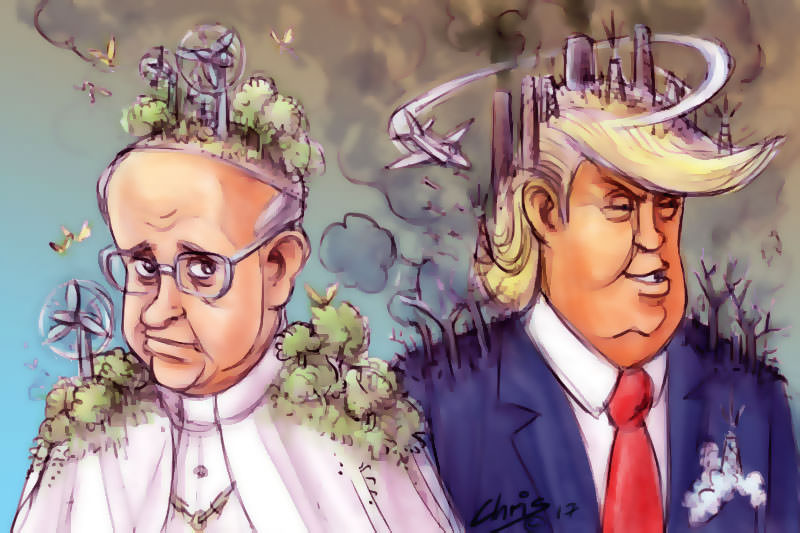
ENVIRONMENT
- Andrew Hamilton
- 02 June 2017
10 Comments
The strident public debate about global warming and the threat it poses has died down. Few knowledgeable people deny its reality. At the same time, powerful interest groups and politicians appeal to the need for economic growth in order to weaken any international commitment. At such a time it is worth returning to Laudato Si, Pope Francis' passionate exhortation to care for the environment. Its most significant insight is that the environment is not something outside ourselves. We are part of it.
READ MORE 
-
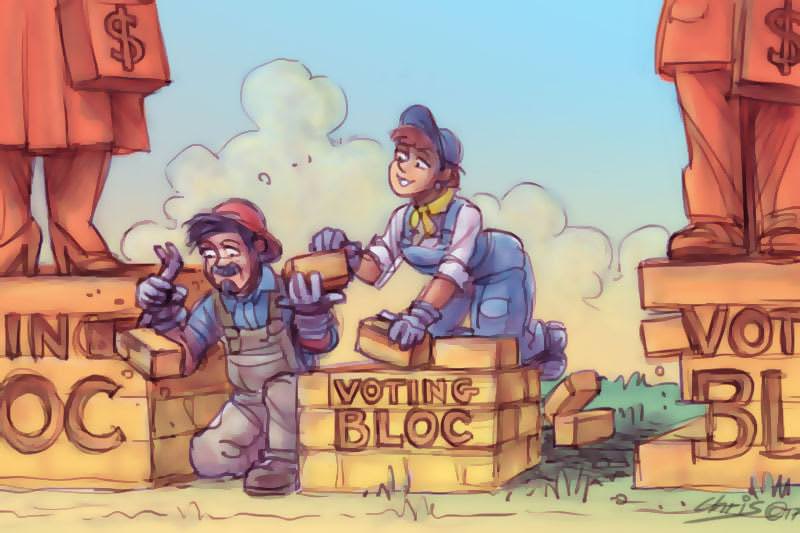
AUSTRALIA
- Ann Deslandes
- 26 May 2017
4 Comments
Wealth inequality in Australia is flourishing. The top one per cent of household wealth in Australia is moving toward being 20 per cent of total wealth, and the country is a preferred destination for millionaires. With a government that prefers to impoverish and vilify the disadvantaged and spend big on coal mines, this does not look likely to shift. But there are always other paths to social justice, and in Australia one may be through the millionaires - or at least the companies on which their fortunes are built.
READ MORE 
-
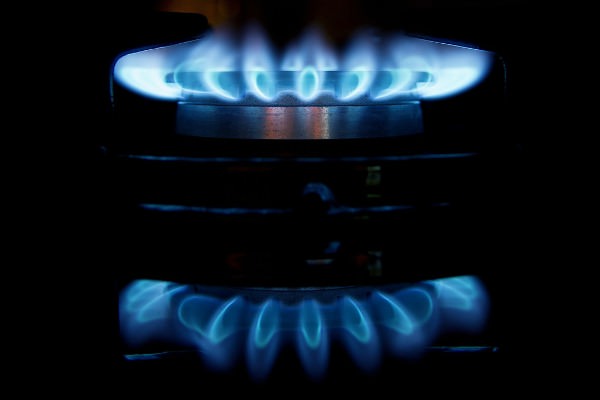
ENVIRONMENT
Standard electric heaters turn roughly one unit of electricity into one unit of heat. A reverse cycle air conditioner, however, uses electricity to 'pump' heat from one place to another and is incredibly efficient. Using electricity from the grid creates more pollution than burning gas, but the electric reverse cycle air conditioner is so efficient it's still less damaging overall. That's great news for households with air con, but galling for anyone who can't afford one, or isn't allowed to install it.
READ MORE 
-

ARTS AND CULTURE
- Linda Stevenson
- 15 May 2017
3 Comments
The hem is good to touch, has a firm stitch. I wonder ... who pressed it flat, by whose hand was the white cotton thread sent bobbing, in what factory did my semi-slave breathe, labour? Was it here, a sweatshop in our own suburbs, or a distant forced camp? What lamps burned through hard-pressed nights of work? The sheet's material is light, a white cotton, beckons rest for me. Except, I still think over it ... who dyed, sewed, folded, packed? Who went to their bed dog-tired, with blood-sore fingers?
READ MORE 
-
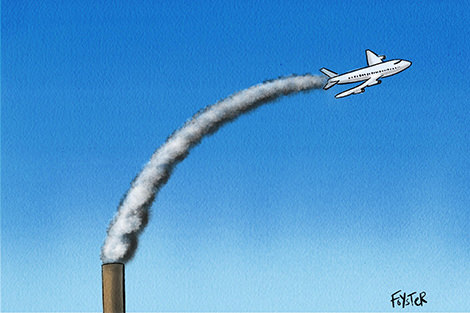
ENVIRONMENT
- Greg Foyster
- 27 April 2017
14 Comments
I haven't flown for six years. I didn't feel a pressing need to travel, but most of all I didn't want to make such an enormous contribution to climate change. A return flight from Melbourne to London pumps about 1.8 tonnes of carbon pollution into the atmosphere, wiping out other efforts to reduce emissions at home. But now here I am on a Jetstar flight to Sydney for a climate change conference. As the plane takes off, I squirm with a sense of hypocrisy: I've broken my vow for the same reason I made it.
READ MORE 
-
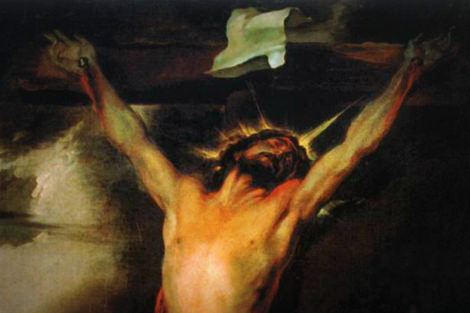
RELIGION
- Fatima Measham
- 12 April 2017
18 Comments
Easter, for me, has always been a time to sit in the brokenness of things, to absorb the dread and devastation, and reel at the inexplicable sacrifice. Crushing humility might have characterised my experience in previous years. This year, I feel formless rage. The human drama of Easter - with its betrayals, moments of audacity and doubt, the machinations in shadow - bears the sting of injustice. The central narrative is political. Choices were made by people in power. They are still being made.
READ MORE 
-
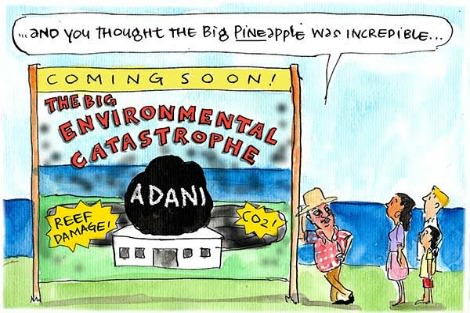
CARTOON
- Fiona Katauskas
- 11 April 2017
This week's offering from Eureka Street's award winning political cartoonist.
READ MORE 
-
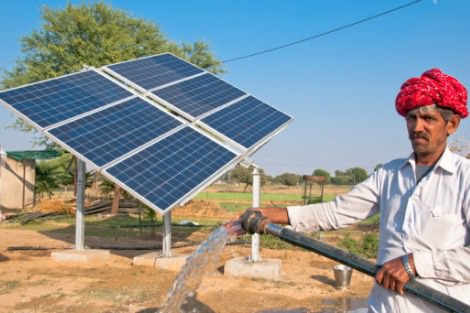
ENVIRONMENT
- Ketan Joshi
- 06 April 2017
1 Comment
A 2015 cartoon by Bill Leak depicts an Indian family squatting, smashing solar panels to pieces. A woman chews on a shattered piece of glass, and a man attempts to smear mango chutney onto glistening shards. The initial reaction centred around the racist depictions of Indians. But it also represents a broader and worrisome attitude towards global energy politics, that assumes idiocy in developing countries, combined with a push to burden them with the dangerous wares of a dying industry.
READ MORE 
-

PODCAST
In this episode, we try to take a knife through Donald Trump's entanglements with Russia. We also discuss coalcare, which is like government insurance for terminal fossil fuel industries. We finish with a quick note on a couple of films that have not been well-received.
READ MORE
-
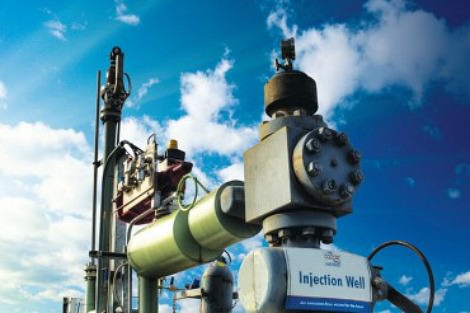
ENVIRONMENT
- Greg Foyster
- 31 March 2017
5 Comments
About 40km from Warrnambool in south-western Victoria is Australia's first demonstration site for storing carbon dioxide pollution deep underground. In photos, it doesn't look like much - a few water tanks, sheds and pipes in a brown paddock - and yet plans to meet the internationally agreed climate change target are betting on the success of projects like this. This isn't a fringe strategy anymore. It is a big part of the mainstream, politically preferred approach to address global warming.
READ MORE 